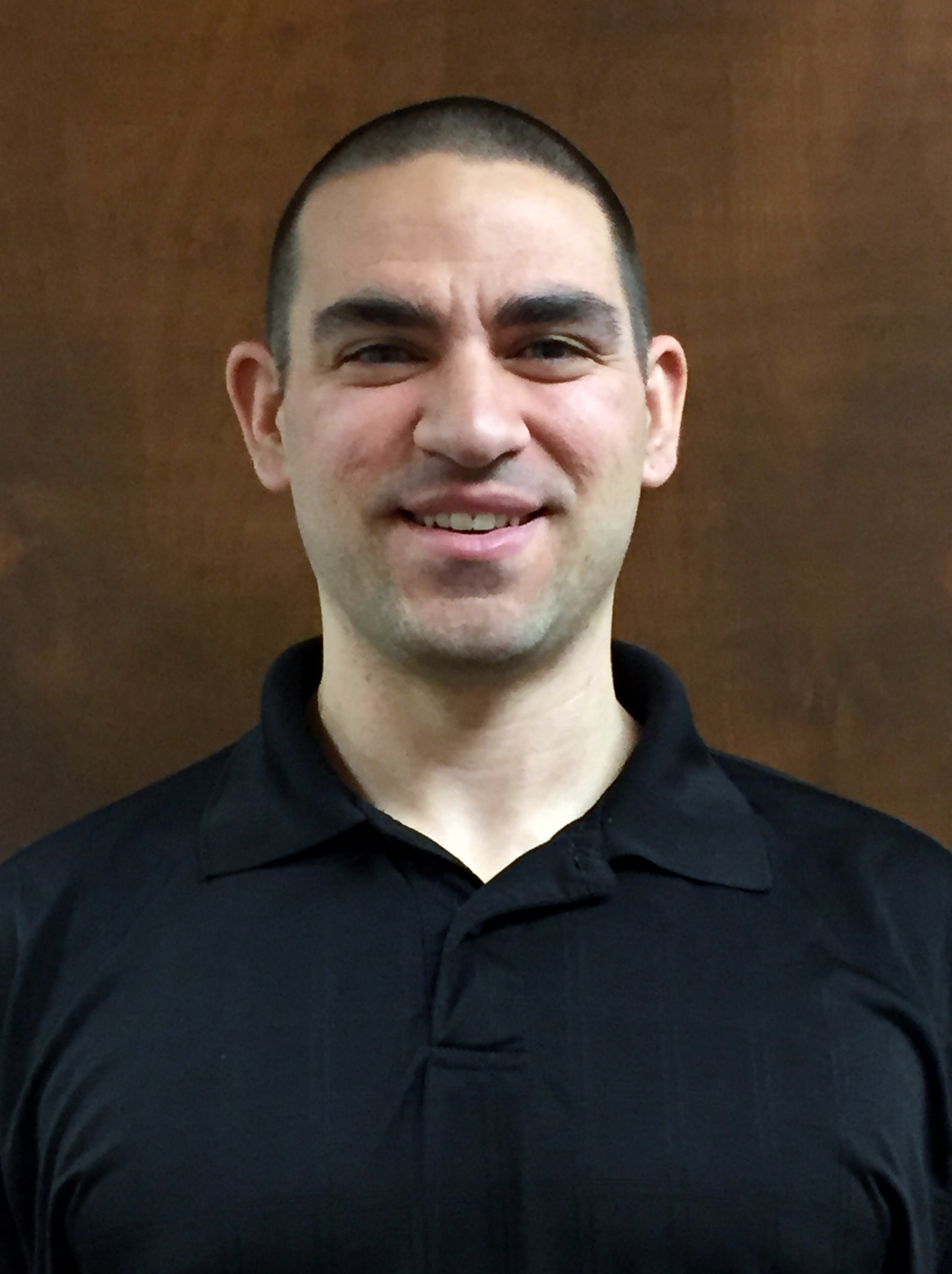Parents of the Young Adult with a Gambling Problem Posted On
As parents, you are often the first to notice changes in your child’s behavior. Even if your child is actually a young adult now. Many young adults, especially males, are likely to be participating in sports betting, day trading, esports gambling and using in-game currency to gamble. For some young adults, these types of gambling are addictive. This addiction changes your child’s behavior.
Changing Behavior
Sometimes a parent might have knowledge that their young adult is gambling and might recognize that causing problematic changes in them. Because of the ease and accessibility of gambling via the Internet, it is more likely that parents may notice a change in behavior but won’t be able to pinpoint the cause. Some of the changes you might see are a change in their interactions with peers. Perhaps your child used to go out with friends on a regular basis, but now is staying home. You might notice a decrease in their personal hygiene.
If you’ve noticed some of the behavior changes, look for some of these warning signs that could indicate a problem with gambling. An increase in credit card debt or looking for a large sum of money to be used as a bail out, or even frequent conversations about placing bets or odds on a team.
Many parents become quickly aware of their young adults gambling problem because they will come to their parents for help. It is not uncommon for a young adult to leave parents feeling as if they are in a hostage situation. What this sounds like is: If you don’t pay my debt….They are going to hurt me, They will find us, I am going to kill myself….
This is very scary stuff. No parent wants to think there is danger facing my child and there’s something I could do to protect them from it. But it is important to remember that with a gambling problem, until the gambling problem is being treated, the danger will continue to surface. If your child is threatened by violence, or threatening their own act of violence, please contact a mental health crisis line.
There are counselors that can work with young adults who have developed a gambling problem. If they want to stop or cut down on their gambling, they can contact the PGRC and schedule an appointment with a counselor. Our counselors are highly trained in treating problem gambling and there are no barriers to care.
Parents in Recovery
If you, as the parent, are looking for your own path to recovery, even if your child isn’t ready, the PGRC can help you get started too. As a parent, you might not know what it means to be in recovery for yourself, especially if your child is still gambling. One of the things you may want to include as a part of your own recovery plan is making and sticking to boundaries with your child. This could look like inviting them to dinner, but not engaging in conversations about gambling or money. Another piece of recovery could include taking any threats made seriously and calling the police or crisis hotline, instead of paying debts to prevent suicide. Recovery also includes positive and productive communications between another parent or other family members. Being on the same page will allow changes you make and boundaries you define stronger, promoting your recovery even further. Don’t forget recovery means living well and taking care of yourself. Make time for friends, do activities that you like and help you destress. Go to counseling for yourself (the PGRC has services for you too). Most importantly, remember that your child is more than problem gambling and that there is hope for them to find recovery too. Lead them with an example of your own recovery.

